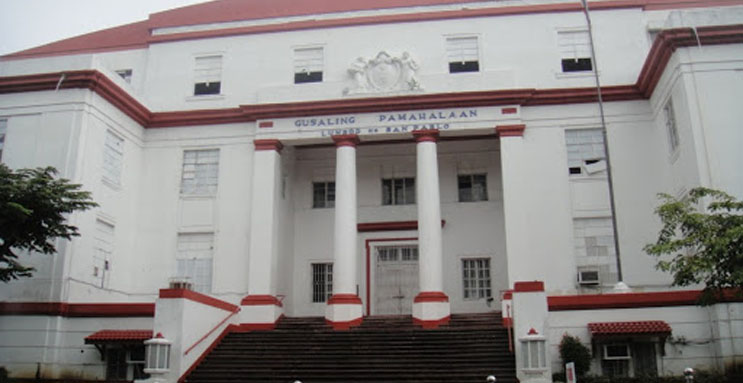THE Federation of Free Farmers (FFF) has urged the Department of Agriculture (DA) to put its P31-billion supplemental budget to good use by funding programs on food security and availability.
FFF said the funds under the Ahon Lahat, Pagkaing Sapat Kontra sa COVID-19 program (ALPAS) should be channeled to the provision of immediate supply of seeds, inputs and irrigation instead of using them to provide more loans.
Raul Montemayor, FFF national manager, also questioned the use of the Rice Competitiveness Enhancement Fund (RCEF) as the framework for interventions under ALPAS program saying the former addresses a different purpose.
“The RCEF was designed and intended to reduce the costs of production of local farmers and make them competitive against imports following the passage of the Rice Tariffication Law (RTL) but in this current COVID-19 crisis, having enough food is more important than becoming competitive. Besides, the countries that we are trying to compete with might not even want to sell rice to us, since they too have to ensure their own food security,” Montemayor said.
One of the programs funded by the P31 billion supplemental budget is the P8.5-billion Rice Resiliency Project broken down to enhanced RCEF fund worth P2 billion for the provision of fertilizer to the 947 targeted municipalities growing inbred rice; and the Expanded Inbred Rice Production worth P3 billion to support advance planting during wet and dry season in non-RCEF areas in the form of seeds, inputs, mechanization, credit and extension; and Hybrid Rice Production, P3.5 billion, in suitable areas to expand rice growing-areas with good irrigation.
Higher buying price
The FFF supports calls for an increase in the palay buying price of the National Food Authority (NFA) since under the ALPAS proposal, P7 billion was allocated to augment the food agency’s procurement funds.
But palay farmgate prices have exceeded NFA’s P19 per kg buying price during the ongoing dry season harvest partly due to panic buying in urban areas and speculations over the future availability and affordability of imports.
The FFF also criticized the government’s plans to import 300,000 metric tons of rice as this may discourage farmers to plant more rice for fear of further drop in local palay farmgate prices.
“If this trend continues, NFA may not be able to buy enough palay to replenish its buffer stocks. Since it is not allowed by the RTL to import rice, its best option is to raise its buying price, even if only temporarily, so that it can compete with private traders for farmers’ palay. Increasing the palay buying price of NFA will also be one way to help farmers cope with COVID-19 and recover from the drastic drop in palay prices in the previous seasons because of the RTL,” said Leonilo Binalanbang, FFF Mindoro Occidental leader.
FFF said instead of spending P1 billion to set up KADIWA outlets, government should fix distribution problems so private traders can resume buying from farmers and selling to urban areas.
The group questioned the feasibilty of the P500-million urban aquaphonics projects and the P1 -billion vegetable planting in schools, barangays, public spaces and private idle lots at this time when the entire country is virtually under quarantine.
Poultry woes
The United Broilers and Raisers Association (UBRA) has appealed anew to government to fix issues in checkpoints as poultry farms are now facing supply problems for chicken feeds to maintain their operations.
Elias Jose Inciong, UBRA president, said farmgate prices of chicken have dropped to a low of P37 and a high of P48 as of last Wednesday and the inconsistencies in the implementation by local government units on checkpoints had disrupted distribution.
“Most are cutting back on production, some will just finish their current production cycles and stop their operations. We need to support those who plan to continue and discourage those who plan to quit. The critical need is to restore confidence in the supply chain,” Inciong said.
“It is critical to note that the production cycle of broilers is only about 30 to 35 days. If things do not normalize soon, then 30 days from now, we will start to feel its impact on food supply,” Inciong added.




